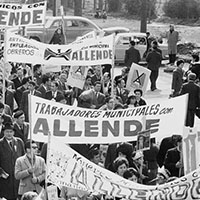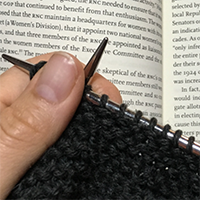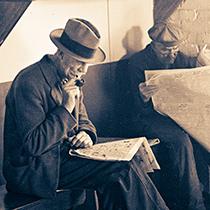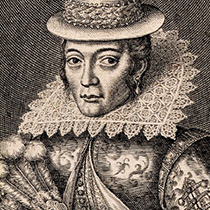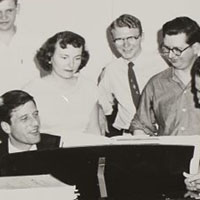The History of Enslaved People at UA, 1828-1865
The History of Enslaved People at UA, 1828-1865 Description This project is the result of the work of the Task Force for Studying Race, Slavery, and Civil Rights at UA and documents their comprehensive assessment of University of Alabama Administration Records for the period up to 1865. This project seeks to ensure that all materials …

